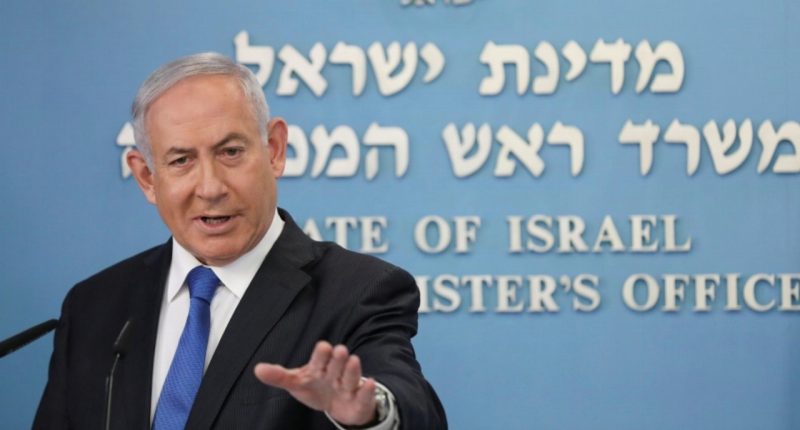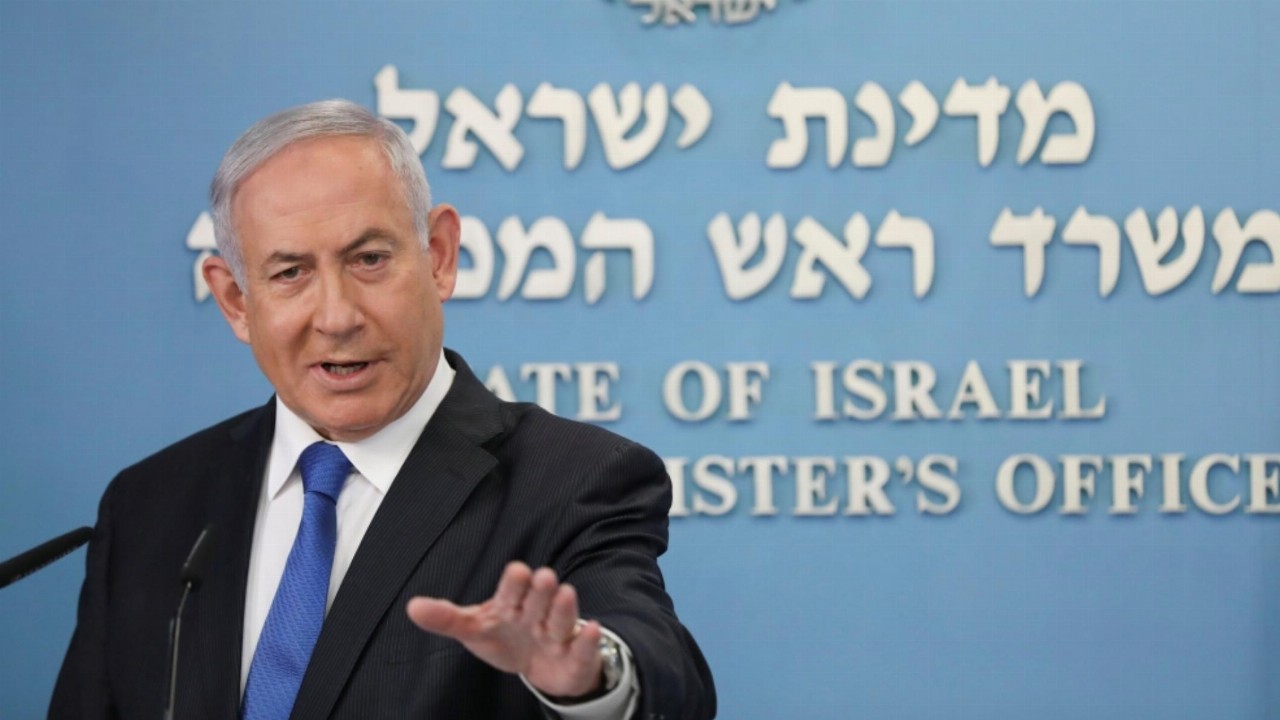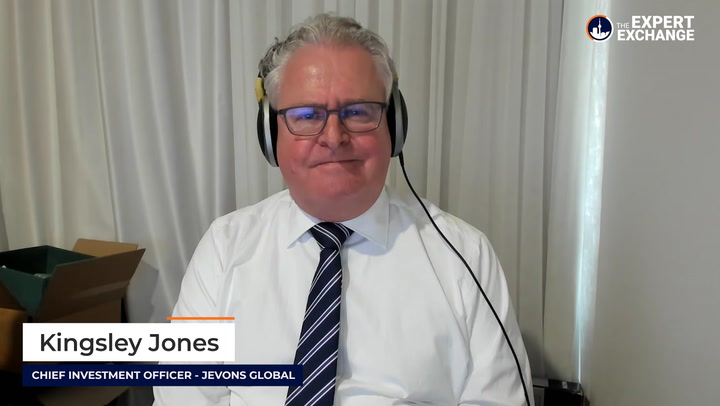- Israel and the United Arab Emirates have agreed to normalise diplomatic relations in a deal facilitated by the White House
- The “Abraham Agreement”, announced by U.S. President Donald Trump on Thursday, has been hailed by some as a huge breakthrough while others argue it will do little to bring peace to the troubled region
- One key term of the agreement requires Israel to suspend the annexation of the West Bank
- The leadership of the UAE and Israel have already shown very different understandings of what this term means in the longer term
- Whether the deal will be enough to bring lasting peace or just a brief respite remains to be seen
Israel and the United Arab Emirates have agreed to normalise diplomatic relations in a deal facilitated by the White House.
It’s been 49 years since the two countries had formal diplomatic ties.
In a joint statement, the countries have agreed to sign bilateral agreements in coming months on “investment, tourism, direct flights, security, telecommunications, technology, energy, healthcare, culture, the environment, the establishment of reciprocal embassies, and other areas of mutual benefit.”
The “Abraham Agreement”, announced by U.S. President Donald Trump on Thursday, has been hailed by some as a huge breakthrough, while others argue it will do little to bring peace to the troubled region.
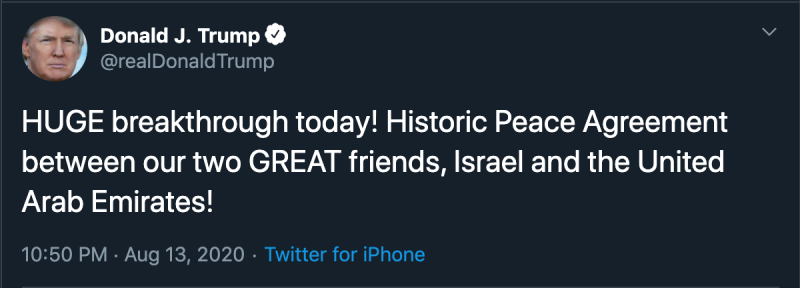
One key term of the agreement requires Israel to suspend the annexation of the West Bank.
Almost immediately throwing water on the good news, Israeli Prime Minister Benjamin Netanyahu said in a televised address the plan is only to “delay” the annexation, and that he would “never give up our rights to our land.”
“There is no change to my plan to extend sovereignty, our sovereignty in Judea and Samaria, in full coordination with the United States,” Mr Netanyahu said.
This view appears at odds with the UAE’s interpretation of the agreement.
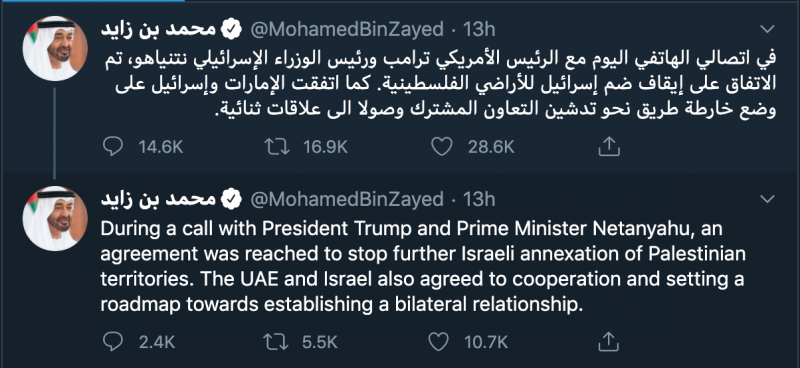
UAE leader Sheikh Mohammed bin Zayed Al Nahyan said “an agreement was reached to stop further Israeli annexation of Palestinian territories.”
The UAE leadership insists the agreement is a step on the way to a two-state solution in the Israel-Palestine conflict.
But Palestinian authorities say they’ve been completely ignored in the new agreement.
Speaking to Reuters, veteran Palestinian negotiator, Hanan Ashrawi, said they had no idea the deal was being made.
“The Palestinian Liberation Organisation (PLO), the Palestinian Authority (PA), the Palestinian leadership did not know this was coming. We were blindsided. Their secret dealings are now completely out in the open. It is a complete sell-out.”
The Associated Press reports Palestine recalled its UAE ambassador upon hearing of the new agreement.
Hamas spokesman, Hazem Qassem, issued a statement calling the deal a “stab in the back” for Palestinian people.
Qassem says the deal only serves to allow Israel to “continue its denial of the rights of our Palestinian people, and even to continue its crimes against our people.”
The deal has been widely lauded by others who hail the agreement as a great leap forward for Middle East peace.
Egyptian President Abdel Fattah el-Sisi welcomed the agreement.
“I followed with interest and appreciation the joint statement between the United States, United Arab Emirates and Israel to halt the Israeli annexation of Palestinian lands and taking steps to bring peace in the Middle East,” el-Sisi tweeted.
“I value the efforts of those in charge of the deal to achieve prosperity and stability for our region,” he added.
U.K. leader Boris Johnson and French Foreign Affairs Minister Jean-Yves Le Drian also praised the deal, but stressed Israel must stop its annexation plans as a key pillar of the ultimate two-state solution for the region.
Outwardly, the deal is a huge step towards improved relations in the troubled region. The fact there’s been immediate dissent between the signatories in what the deal actually means for the disputed West Bank casts doubt over what significance it will have in the longer term.
Whether the deal will be enough to bring lasting peace or just a brief respite remains to be seen.

